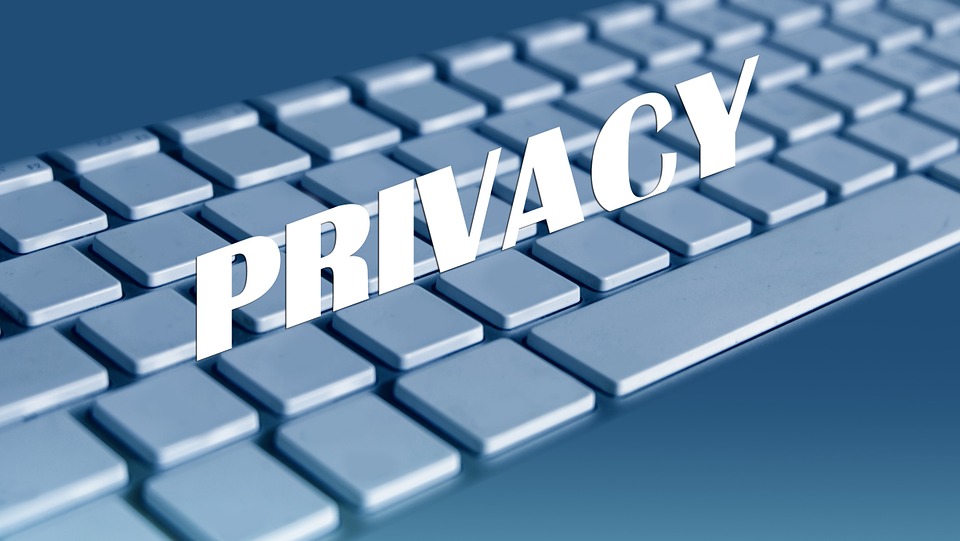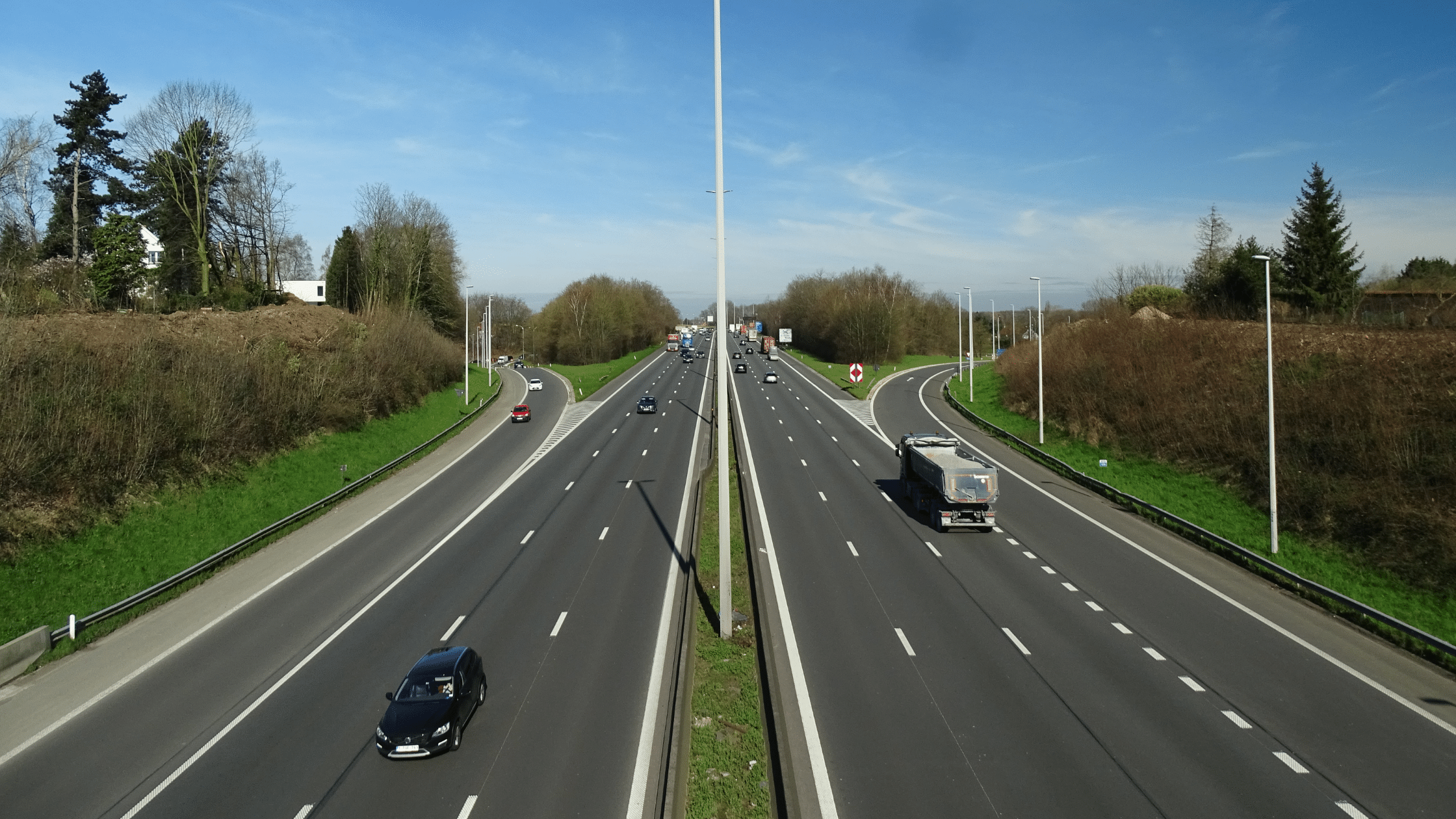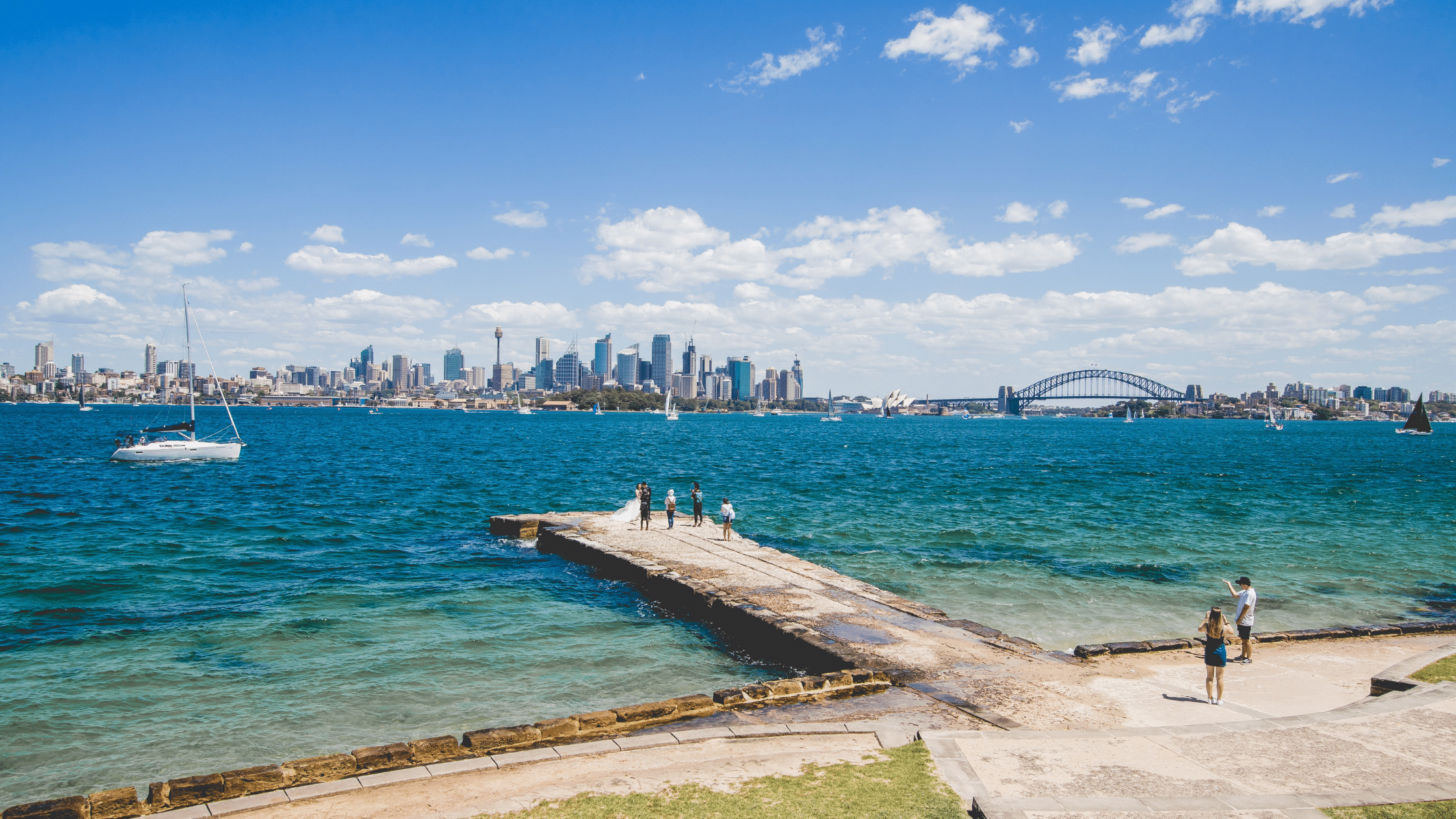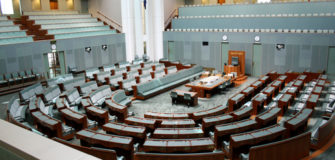The Christchurch Call and Australia’s subsequent proposal for new social media laws have been criticised for a narrow emphasis on online terror and failure to address other vexing problems such as online hate speech, cyberbullying and anti-gay rhetoric.
However, the issue of governance and regulation in the social media space begs the question of whether or not the government has the ability to introduce and monitor effective regulatory policy.
It also brings in the question of whether or not strict laws will infringe on freedom of opinion and expression.
New Zealand’s Prime Minister Jacinda Arden, who drove the ‘Christchurch Call’ initiative alongside French President Emmanuel Macron, referred to the attacks at the Christchurch Mosque as “one of the darkest days” in the country’s history.
The attack was live-streamed on Facebook, viewed several hundred times by its users before police made an arrest.
As a response, ‘Christchurch Call’ was launched on 15th May 2019, two months after the terror attacks and first mass shooting in New Zealand in twenty-two years.
The initiative was a voluntary pledge by governments and tech giants to improve the regulation of live, extremist content on social media platforms. Tech giants such as Amazon, Google, Microsoft and Twitter have pledged support for the initiative, promising greater regulation of content on their platforms.
However, this has all but heightened political discussion over the role of government.
The Christchurch massacre prompted Prime Minister Scott Morrison to question the role of government in regulating how social media giants can control their content, including violent, graphic and uncensored media.
Subsequently, the Coalition Government proposed new social media laws through the Criminal Code Amendment (Sharing of Abhorrent Violent Material) Bill 2019. The new laws would prevent the “weaponisation of social media platforms” and allow “abhorrent violent content” to be reported to the Australian Federal Police.
Under the proposed Bill, it would be a criminal offence to keep violent material online. Anyone who does so is punishable by imprisonment and substantial fines. These proposed new laws can be seen as a political response that is reflective of the increasing global policy trend to suppress the use of online platforms as a tool of terrorism.
The extent of the regulation of online content by the government, and its subsequent drafted policies, should not be rushed but instead carefully considered, as there is a delicate balance between purposeful censorship and hindering expression.
Chinese President Xi Jing Ping has demonstrated to other nations that social media can be regulated, However, it is a complicated task to decide where the line should be drawn as there is no conducive one-size-fits-all approach, especially with Western democratic countries.
After a decade since the ‘age of social media’ first dawned, people have digitally shared knowledge, written blogs, grown social networks and engaged in live streaming. While cyberspace has given us the ability to transcend geographical borders, it has also created advantages and disadvantages for local regulators.
Important questions are routinely being raised by parents, organisations and decision-makers concerning the nature of content on these social platforms and whether or not it can be regulated.
Auto-play, sharing and uploading content, trending hashtags and the use of algorithms has brewed the perfect storm for dangerous content to emerge. Content can spread so quickly that platforms such as YouTube are attempting to remove them as soon as they are uploaded in an effort to reduce widespread damage and controversy.
The difficulty of mitigating such dangers can be seen in the Christchurch massacre, as imagery of the shooting was uploaded to YouTube at a rate of one copy per second. Aside from this, several thousand accounts were created for the sole purpose of spreading the content. Facebook also revealed that it removed over one million copies in the first 24 hours after the first video went live.
The extent of regulation by government will heavily rely on collaboration of other supportive Federal governments and the tech sector. Regulatory issues should be based on the balance between what is considered harmful and in need of censorship and the need to protect Australia’s right to freedom of opinion and expression.
Moreover, social media companies need to consider that their terms of agreement needs to be updated and monitored regularly to reduce misuse that occurs on their platform. Aside from this, they should also closely monitor algorithms that enable and drive explicit content.
The notion of personal accountability may need to be reformed by considering the transforming social issues and how social media can better protect both users and the wider community.
Source: FPL Advisory
Emily is a client relationship specialist with an interest in Australian and international foreign policy.
Emily has experience working with major international stakeholders, liaising with both large and small scale organisations and consulting for corporate businesses. Emily recognises that providing support through strategic engagement and policy analysis are critical to government effectiveness. She believes that excellent policy advice relies on identifying and anticipating needs, close research and evaluation of situational factors and prompt identification of areas for development and growth.
Emily holds a Bachelor of Arts (Hons) majoring in International Relations and Asian Studies. She holds a Diploma of Language in Mandarin, inspired by living and working in rural China for several years.
Find out more about Emily at her LinkedIn profile:






























































